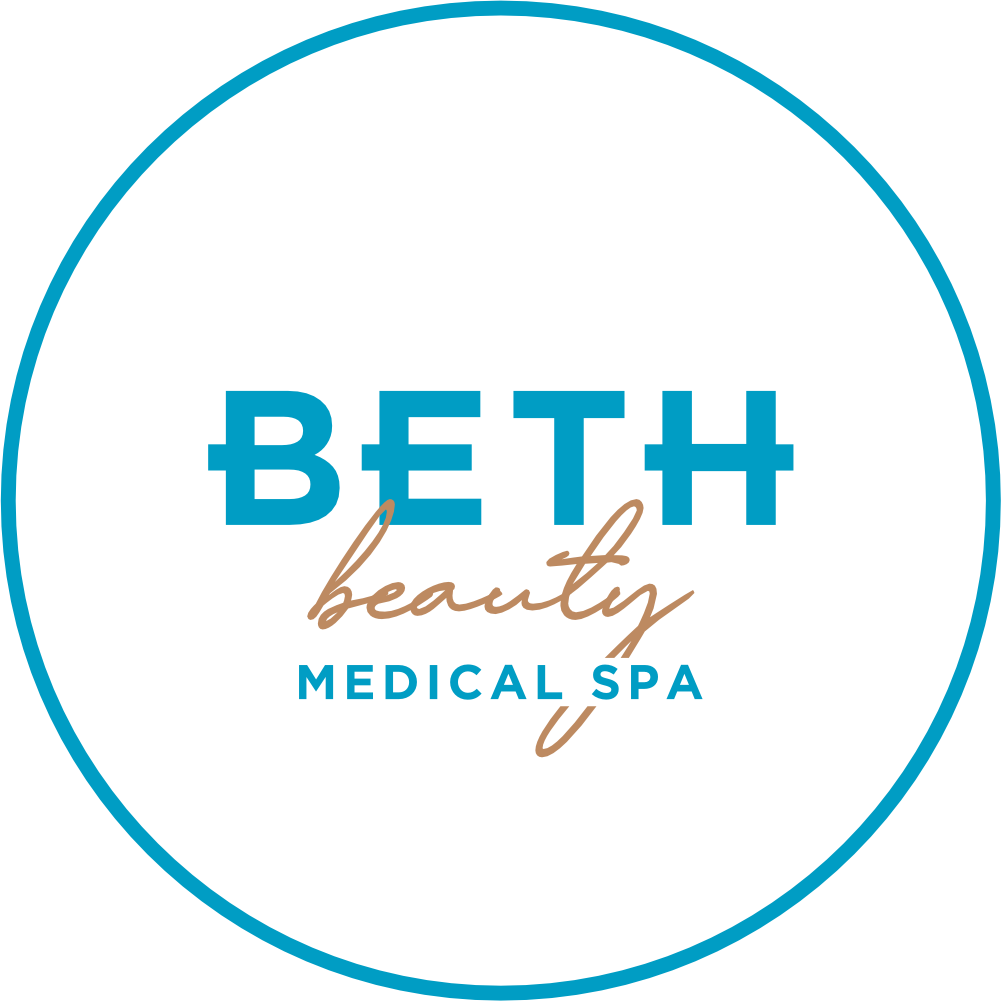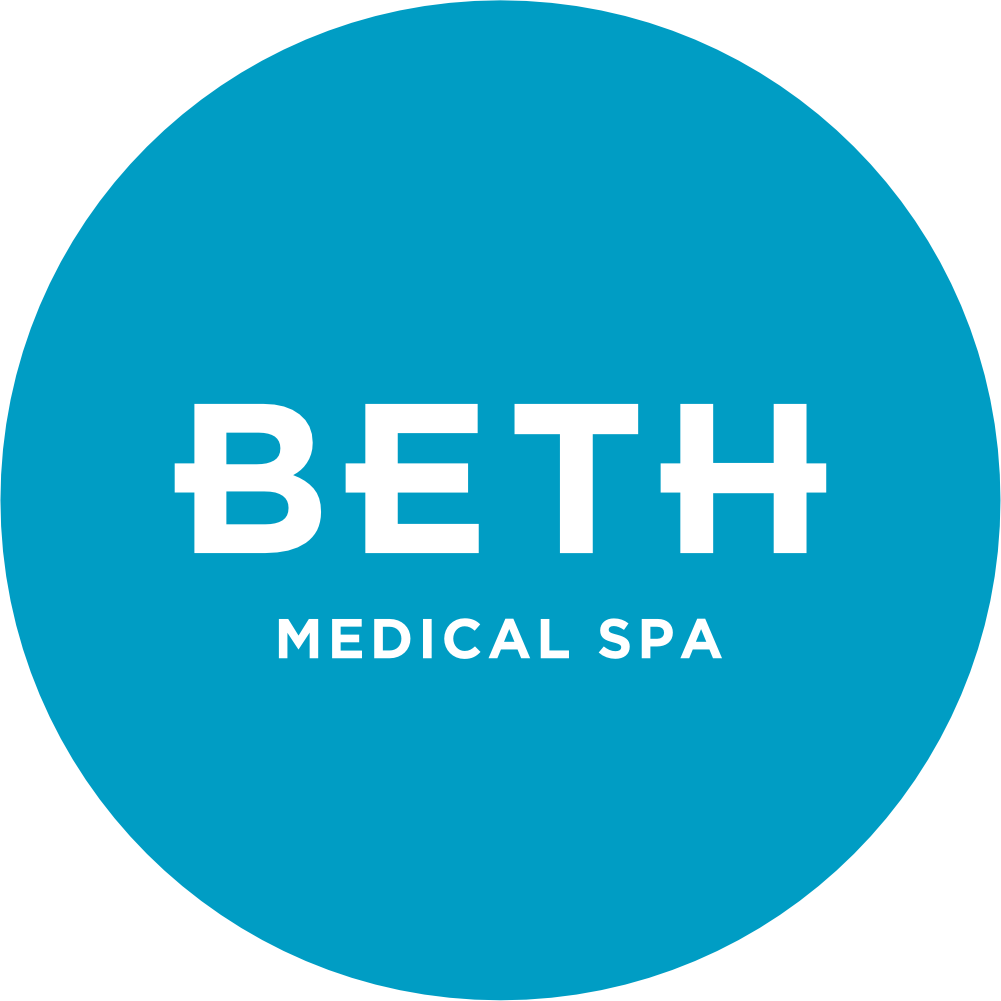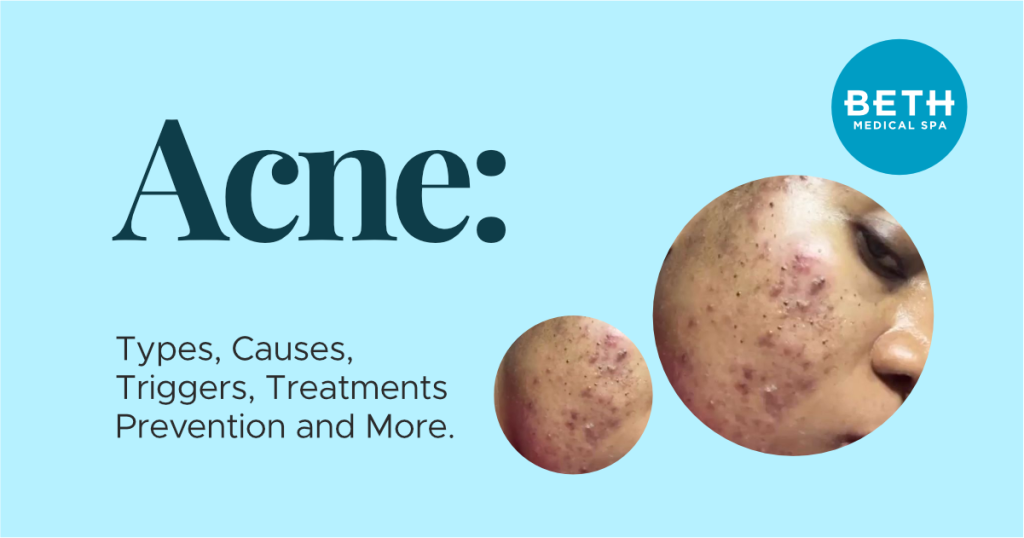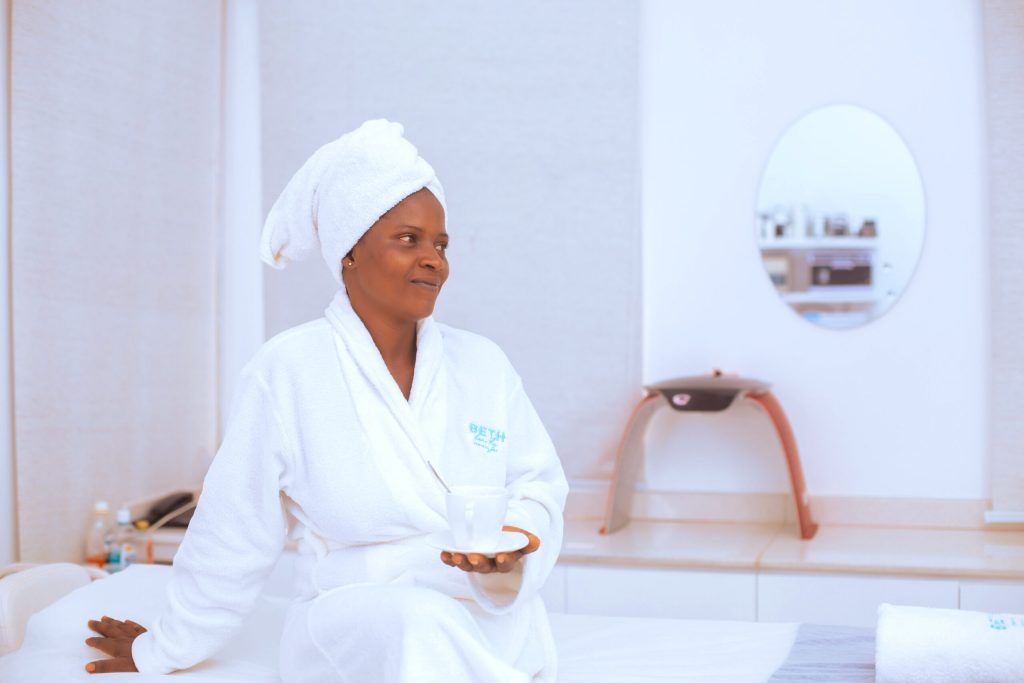Acne has been one of the most common skin diseases for years. About 85% of people between the ages of 12 and 24 experience at least a minor case of acne. Although it is usually regarded as a teen problem, acne can show up regardless of the person’s age or stage of development.
The good news is it can be cured irrespective of the level of severity. In this article, we will discuss the types, causes, and treatments of acne and more.
What is Acne?
Acne is a skin disorder that occurs when the hair follicles under the skin clog with oil, dead skin cells, and bacteria. This clogging eventually leads to the formation of blackheads, whiteheads and other forms of pimples. Acne most commonly occurs on the face, back, chest, and shoulders of their victims and could also be a source of emotional distress depending on the severity of the condition.
Types of Acne
Acne is usually grouped based on the type of lesions developed and its severity. They are:
1. Comedones
Comedones are clogged pores and are divided into two further categories:
- Whiteheads: This type of acne is also called open comedone. They appear as white/flesh-coloured bumps under your skin.
- Blackheads: Blackheads are formed when the pore is open to the surface and appears dark. The dark appearance of the pimple is a result of the presence of oxygen in the air that comes in contact with the spot.
2. Inflammatory Lesions
Inflammatory lesions are the red, swollen, and often painful pimples. They appear when whiteheads react with bacteria leading to inflammation and pus formation. This acne type is divided into four categories:
- Papules: Papules are small, solid bumps that appear red and inflamed on the skin.
- Pustules: They are small red pus-filled pimples.
- Nodules: Nodules are red painful solid bumps deeper and more severe than pimples.
- Cysts: They are the most severe type of inflammatory lesion. Cysts are large, pus-filled bumps that develop deep within the skin.
What are the Causes of Acne?
The major factors that cause acne are:
- Excess sebum secretion
- Dead skin cells
- Bacteria
The formation stage of acne starts with the clogging of hair follicles in the skin. These follicles hold the strands of the hair and are “dump spots” for several fluids in your skin, one of which is the sebum. The sebum is an oily substance produced by the sebaceous glands.
Although it prevents friction on the skin by lubricating it, the excess formation of the sebum mixes with dead skin cells and blocked hair follicles to form acne. Eventually, it creates a suitable environment for bacteria to thrive and multiply quickly. The multiplication leads to inflammation and pus-filled lesions under the skin.
Other factors like hormonal changes (especially during puberty, menstruation and pregnancy), genetics and lifestyle factors (diet, hygiene, stress levels, and skincare habits) can influence the formation of acne on your skin.
Does what you Eat Cause Acne?
There isn’t a yes-or-no answer to whether what you eat directly causes acne. However, studies have shown that certain food and dietary habits could trigger the formation of acne in some individuals. These foods often have a high glycemic index which causes a spike in blood sugar levels. Such foods include sugary snacks, white bread, white rice, and processed cereals (Cornflakes, Golden Morn etc.). It is important to note that not everyone who eats these foods will experience an acne breakout.
How to Cure Acne
Topical Acne Medications
Topical acne medications are applied directly to your skin just like you’re using your moisturizer and are commonly used to treat mild to moderate acne. The medications include:
- Salicylic Acid: Salicylic acid is an over-the-counter acne medication that removes the top layer of your damaged skin. The removal unclogs the pores and reduces inflammation in the skin. However, its potency is limited and could lead to side effects like skin discolouration, peeling or flaking, irritation and allergic reactions.
- Benzoyl Peroxide: Benzoyl Peroxide is also an over-the-counter available in form of gels or wash. It works by killing acne-causing bacteria to reduce inflammation and unclog pores by removing excess oil and dead skin cells. Just like Salicylic Acid, it can also cause irritation to your skin when used in higher concentrations.
- Azelaic Acid: Azelaic Acid is a natural acid for acne medication found in grains such as wheat, barley, and rye. It retards the growth of acne-causing bacteria to reduce inflammation and unclog the pores. The acid is available in prescription-strength formulations for the treatment of acne and rosacea.
- Retinoids: Retinoids are derivatives of vitamin A available in prescription-strength formulations and as over-the-counter medications. They also unclog pores, reduce inflammation and promote skin cell turnover.
- Antibiotics: Antibiotics like clindamycin and erythromycin work perfectly in combination with other acne treatments to cure acne. They are available in gels, lotions and solutions.
Oral Acne Medication
Oral Medications cure acne between the moderate and severe stages and are usually taken orally. These medications include:
- Antibiotics: Antibiotics are commonly prescribed for moderate to severe acne. However, long-term use of oral antibiotics can lead to resistance to treatment and other side effects.
- Contraceptives: Contraceptives containing estrogen and progestin hormones can be effective in treating acne in women, particularly hormonal acne. The medications regulate the hormone levels in the body. However, weight gain, breast and cervical cancer are some of the most common side effects associated with this medication.
- Isotretinoin: It is a powerful derivative of vitamin A (oral retinoid) that reduces sebum production, shrinks oil glands and prevents clogged pores. Although it is an effective oral acne medication, it comes with significant side effects like severe birth defects if taken during pregnancy. Isotretinoin should be taken according to the direct prescription of a qualified doctor.
Acne Therapies
Acne therapies are advisable for use if topical and oral medications don’t work or for a more effective treatment. These therapies include:
- Laser Therapy: This involves the use of various types of lasers to target and treat acne lesions. It aims to reduce acne inflammation, kill acne-causing bacteria, and improve overall skin texture.
- Steroid Injection: Steroid injection is a treatment option for specific types of acne lesions, particularly nodules and cysts. It reduces inflammation and shrinks the lesions as it is applied over time.
- Chemical Peel: This is an effective acne treatment that involves the application of a chemical solution to the skin to remove the outermost skin layer. It can also unclog pores, reduce inflammation and promote the growth of new and healthy skin cells.
Prevention of Acne
Preventing acne completely is impossible but there are steps you can take to reduce the chances of getting them. Some of these prevention tips include;
- Maintain a Consistent Skincare Routine. Wash your face with oil-free or non-comedogenic cleansers to remove dirt, oil and make-up.
- Avoid harsh scrubbing or over-washing to prevent skin irritation.
- Keep your hands off your face. Avoid touching your face to prevent transfer of dirt, oil, and bacteria from your hands to your skin. Resist the urge to pick or squeeze acne lesions.
- Avoid tight clothes, headwear and bands to prevent acne breakouts.
- Manage Stress. Prioritize adequate sleep and relaxation.
- Eat a balanced diet. Reduce the consumption of high-glycemic index foods, sugary snacks, and processed foods.
A Note From Beth Beauty Med Spa
Acne is a common skin condition worldwide and it could be an agent of emotional and mental breakdown. However, most acne are not permanent and all you need to do is find the right treatment that aligns with your skin.
Consider consulting with a professional dermatologist or aesthetician to get treatments that meet your specific needs. Visit us at Beth Beauty Med Spa for consultation and proven acne treatment today! Our team of experienced professionals is dedicated to helping you achieve healthy, radiant skin.



